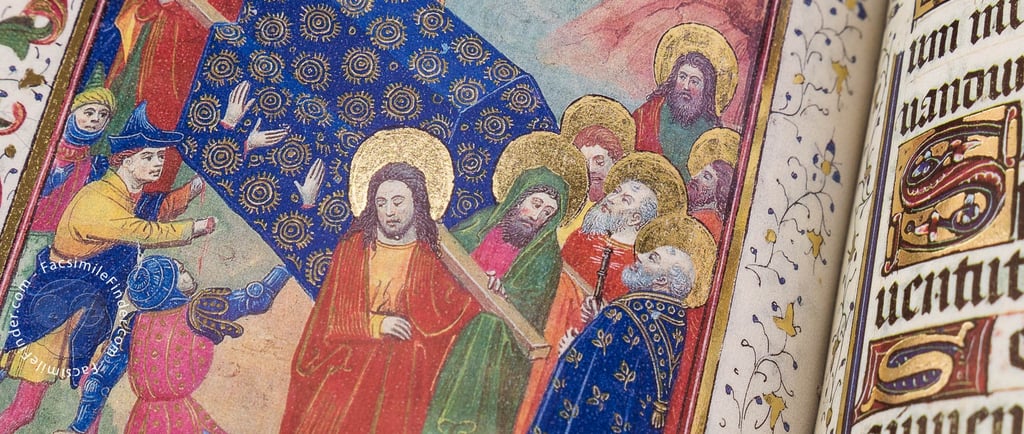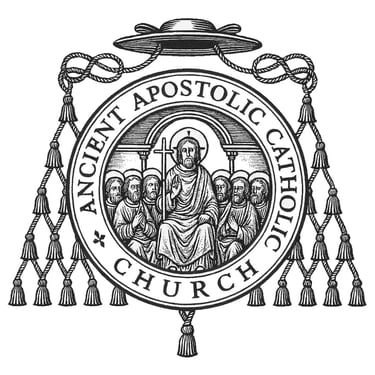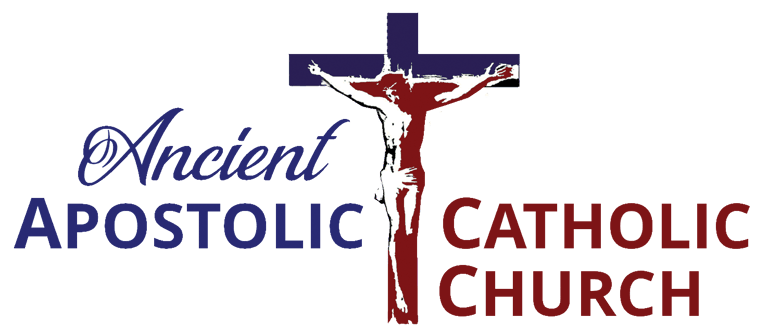Ancient Apostolic Catholic Church Established As New Jurisdiction
The Ancient Apostolic Catholic Church (AACC) has been formally constituted as an independent Catholic jurisdiction, unveiling a name and mission that seek to hold ancient faith and contemporary witness in creative tension.
NEWS


The Ancient Apostolic Catholic Church (AACC) has been formally constituted as an independent Catholic jurisdiction, unveiling a name and mission that seek to hold ancient faith and contemporary witness in creative tension. A newly convened Synod of Bishops has appointed the Church’s first Primate and Presiding Archbishop, Archbishop Dr Felix Gibbins OSB Cam, to lead its foundational season of governance, pastoral formation, and evangelising outreach.
The choice of “Ancient Apostolic Catholic Church” functions as both theological statement and pastoral compass. “Ancient” signals a rootedness in the undivided Church of the first centuries, drawing from Scripture, the Fathers, and the great liturgical traditions to safeguard continuity without slipping into mere antiquarianism. “Apostolic” points to living succession and mission: doctrine taught, sacraments celebrated, and a sent people embodying the Gospel at the margins where Christ is already at work. “Catholic” affirms universality and wholeness—a church for all peoples, languages, and conditions of life—seeking communion without erasing local cultures or distinctive charisms. Together, the three words articulate a charism of continuity, mission, and breadth: a church old enough to be steady, apostolic enough to be sent, and catholic enough to gather the many into one.
The Synod of Bishops, constituted as the AACC’s primary instrument of shared discernment and accountability, will steward doctrine, liturgy, clergy formation, mission strategy, and external relations. In its first act, the Synod elected Archbishop Dr Felix Gibbins OSB Cam as Primate and Presiding Archbishop, mandating him to establish the primatial curia, shape the Church’s initial canons and norms, and guide the implementation of the synodal programme across dioceses, religious communities, and mission initiatives.
Over the next three years, the AACC intends to move through a phased plan of foundations, mission, and consolidation. The first year focuses on integrity and infrastructure: codifying essential canons on faith, sacraments, ministry, religious life, and governance; publishing transparent safeguarding and accountability standards and launching a clergy and catechist formation pathway that blends rigorous theological study with supervised parish apprenticeships. During this period, the Church will recognise initial parishes, chaplaincies, and religious houses, and set careful norms for the reception and incardination of clergy, prioritising genuine pastoral need over rapid expansion.
In the second year, attention shifts to mission and communion. The AACC plans parish-based evangelising teams emphasising hospitality, Scripture, and service, alongside the seeding of small communities of prayer and works of mercy. Ecumenical and civic relationships will be pursued on principled terms, with shared action on poverty, loneliness, and care for creation. Safeguarding culture remains central, with independent audits, survivor-informed training, and a central reporting pathway with published outcomes to sustain trust and accountability.
The third year aims at consolidation and sustainable growth. The Church will expand its seminary provision and mentoring for deacons, priests, and lay leaders, and develop pathways for consecrated life and oblates. Lay ministries of word, charity, and administration will be commissioned, and youth catechesis and pilgrimage programmes will anchor identity in Scripture and sacrament. A financial stewardship plan with open reporting, investment in digital infrastructure and liturgical resources, and targeted parish revitalisation support will underwrite long-term stability.
Throughout, the AACC identifies several hallmarks of public witness: a sacramental life at the centre, with the Eucharist and the Liturgy of the Hours shaping parish time and missionary energy; mercy expressed in tangible works that measure parish vitality by the care offered to the vulnerable; teaching that is historically grounded and pastorally warm, prioritising accessibility without dilution; and synodality as a habitual way of governing—listening, transparency, and accountability embedded in parish councils, clergy chapters, and annual synodal reviews.
With its name as a charter and its Synod as a compass, the Ancient Apostolic Catholic Church begins with steady roots and an outward-facing energy. Under Archbishop Dr Felix Gibbins OSB Cam, it signals an intent to hold the ancient faith with modern courage: forming disciples, renewing parishes, and serving the common good with sacramental hope.


Ancient Apostolic Catholic Church
Embracing faith, inclusion, and compassionate service together.
ST THOMAS AQUINAS SEMINARY
© 2025. All rights reserved
QUICK LINKS
